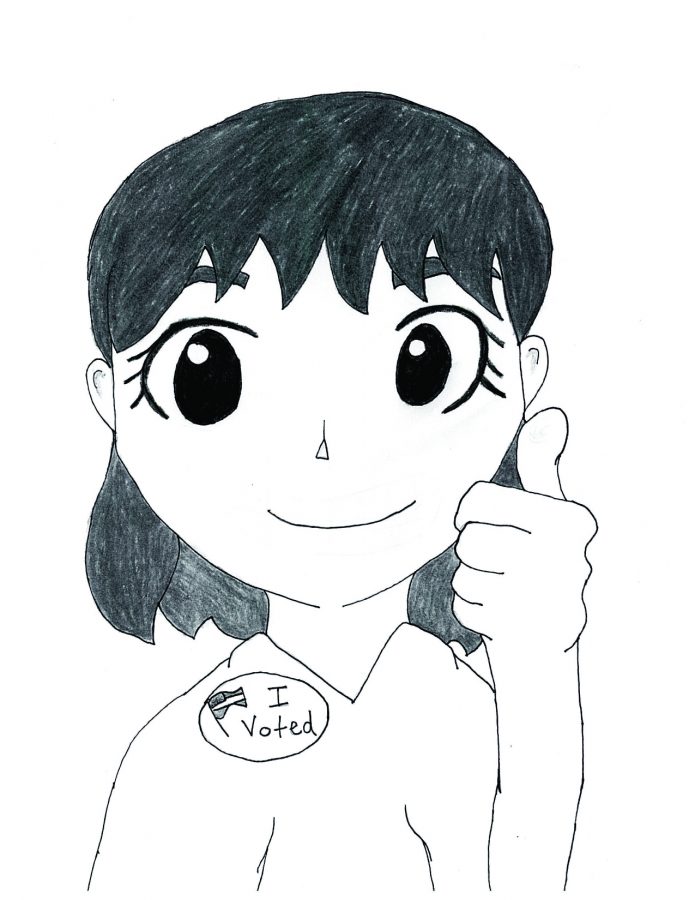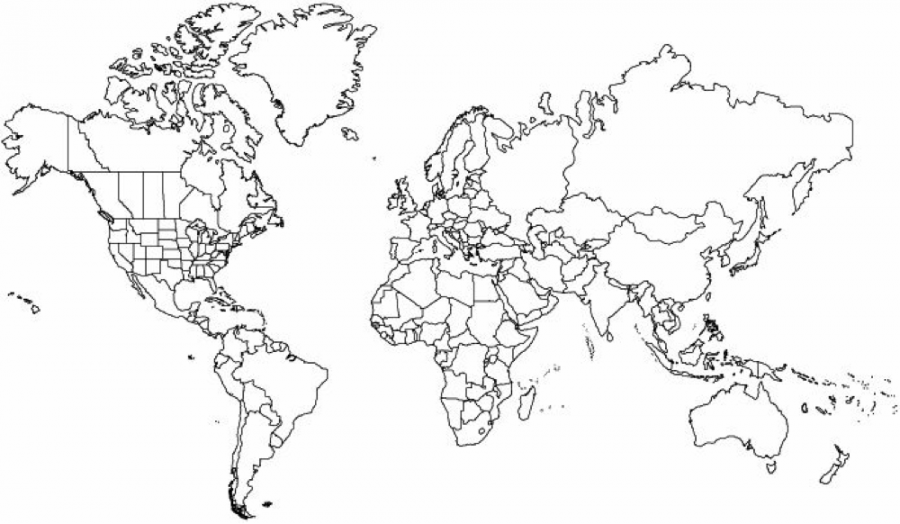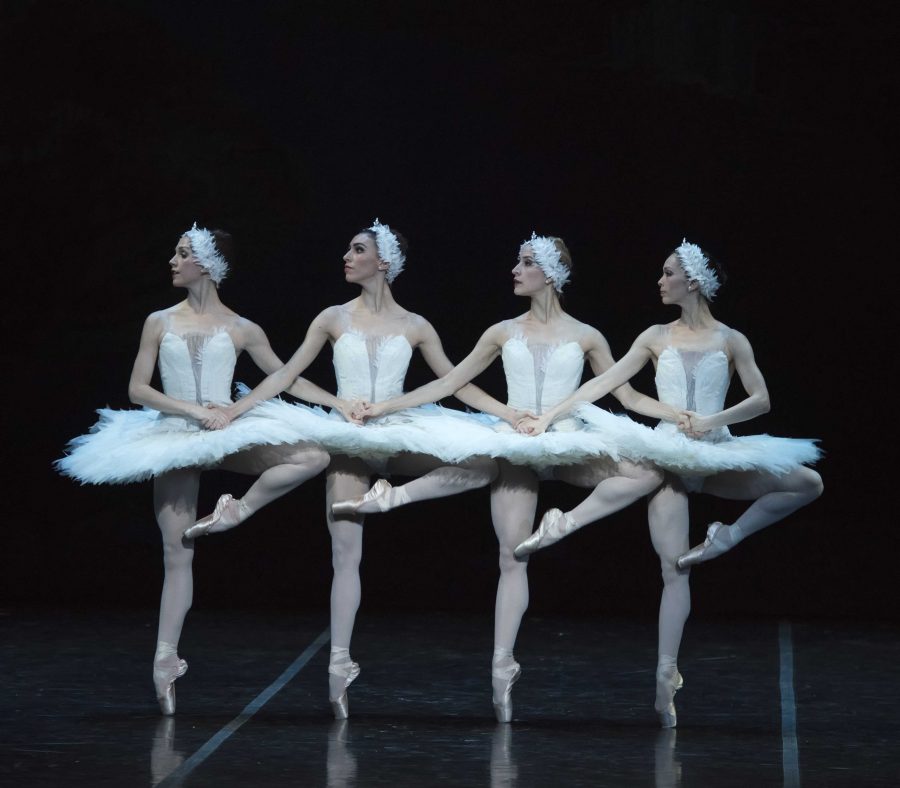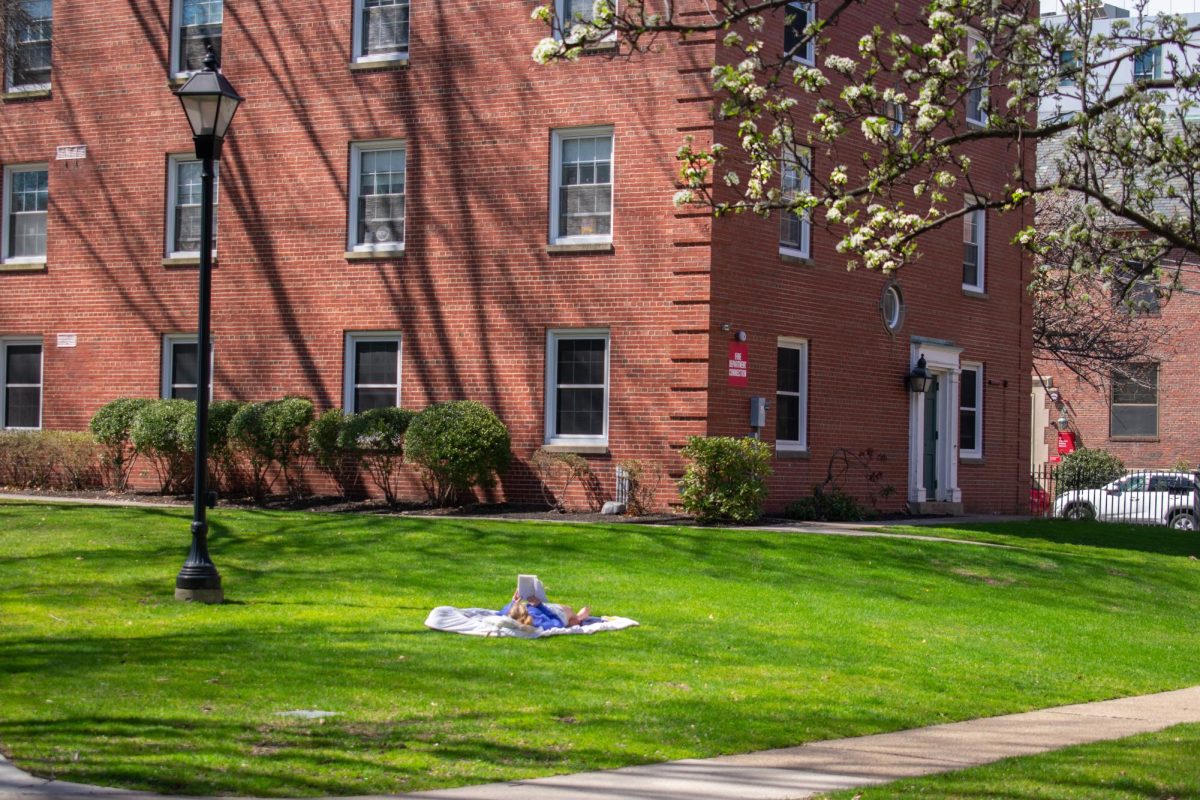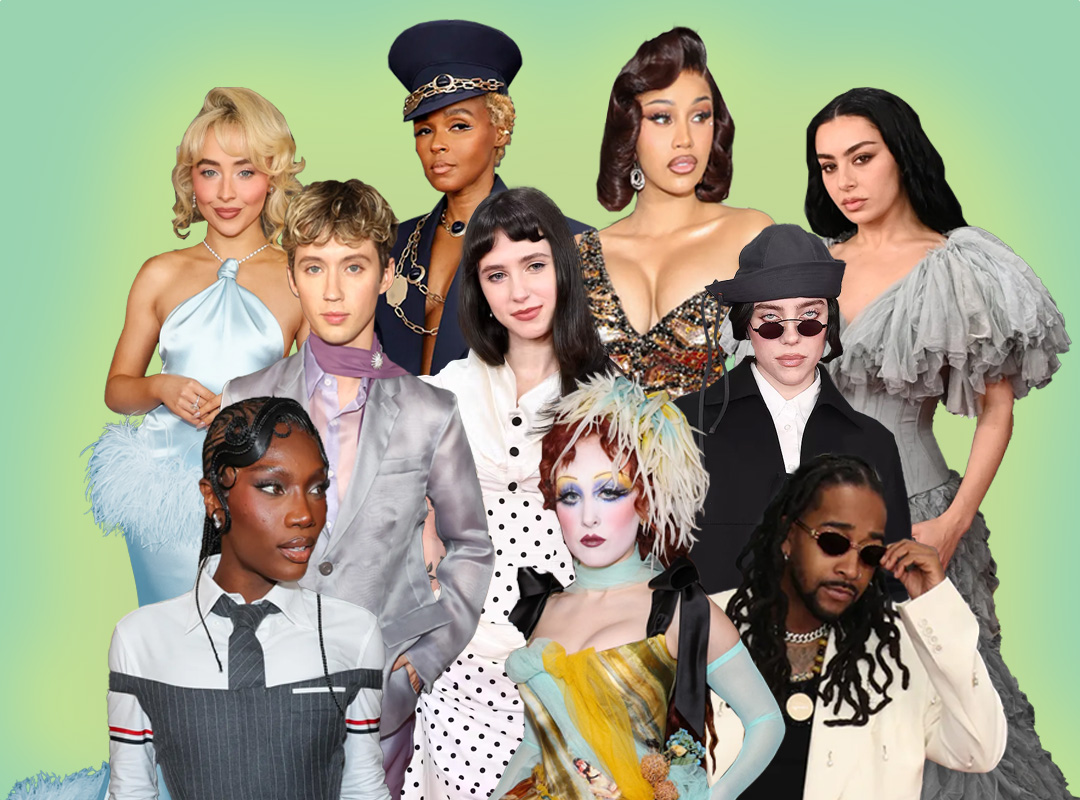This year marks my fourth year as a member of the Simmons Voice staff. After working as a copy editor and staff writer during my first, sophomore, and junior years, I applied to become managing editor for my final year with the Voice.
However, due to various events, complications, and last-minute plan changes, I found myself as one of two editors-in-chief.
This year saw a lot of student activism regarding race, accessibility, gender, survivorship, and much, much more. Simmons students spoke out, wrote op-ed pieces, demonstrated, flooded #simscenes with righteous dissent, and created change, sparked campus-wide discussion, and contributed to a campus culture that refuses to stay silent in the face of adversity.
As one of the editors-in-chief, part of my responsibility was to determine not only what was relevant to students but also how the newspaper could play a part in raising awareness of critical issues on- and off-campus.
One aspect of journalism that I have grappled with all semester is the role of the press both in insular communities such as college campuses as well as in the broader media scope. There is a prevalent idea that journalism must be completely unbiased, “just the facts,” and must tell both sides of every story.
However, every reporter, and additionally every editor, brings their own personal baggage, identity, and bias to every story that is written. There is a critical—in fact, outright radical—power in selecting which stories get told and which go unheard, and parsing one from the other has been one of the most significant, and most rewarding, challenges of the position.
Succumbing to the allure of mainstream media is tempting, but while discussing a recent popular topic means being a great date at dinner parties, seeking stories beyond the mainstream takes effort.
Another aspect of the job I discovered is that people in power want good press, and balk at articles that portray more negative aspects of current events—at Simmons, in Boston, and far beyond the microcosm here in Massachusetts.
There is an enormous divide between journalism and public relations, however. While PR is incredibly important in shaping the presence an institution or person has in the public consciousness, journalism is about raising awareness of underlying issues, addressing conflicts of interest, and unsettling people who have grown a little bit too comfortable.
Staying in our respective comfort zones, especially as people in positions of authority, stifles our growth and inhibits the contributions we can make to our communities, and to me, journalism plays a critical role in expanding how we perceive what is taking place at school or in our city, where we fit in the larger scheme of things, and what each of us can bring to the metaphorical table.
Selecting and writing news is not about giving all sides equal time at the microphone, or equal print; it is about elevating those voices which are not heard via traditional avenues of reporting, challenging the status quo, and critically examining power structures.
Rather than perpetuating racism, homophobia, misogyny, transphobia, etc., it is necessary for newspapers, editors, and journalists to dismantle these systems of oppression by providing a means for unheard stories to become part of the narrative: not by assimilation, but by broadening our understanding of what is a “common story.”
While it is tempting to view journalism as a way to expand on the positive, especially in an institutional sense, newspapers—especially student-run newspapers—should exist not as a bullhorn for widely-heard voices, but as a way for people to bring attention to concerns that so consistently go unaddressed.
I believe that, like art, good journalism should comfort the disturbed, and disturb the comfortable.








